2025 Annual Report
A Generation of Change
Reflections from Two Decades of Childhood Obesity Prevention

With an introduction by

Jamie Bussel
Senior Program Officer,
Robert Wood Johnson Foundation
Lessons to Carry Forward
Together, countless leaders, advocates, and champions have driven extraordinary progress over the past 20 years to help all children grow up healthy. RWJF has taken four broad lessons from this work that may be helpful in the years to come.

Major commitments require vision and staying power
By investing in a way that demonstrated our long-term commitment, RWJF aimed to show our partners we would work alongside them as they made their own commitments too.
Evolution is an important part of the journey
Together with our partners and peers, RWJF listened, learned, and evolved our approach for preventing childhood obesity to address the broader, broken systems that harm kids’ health.
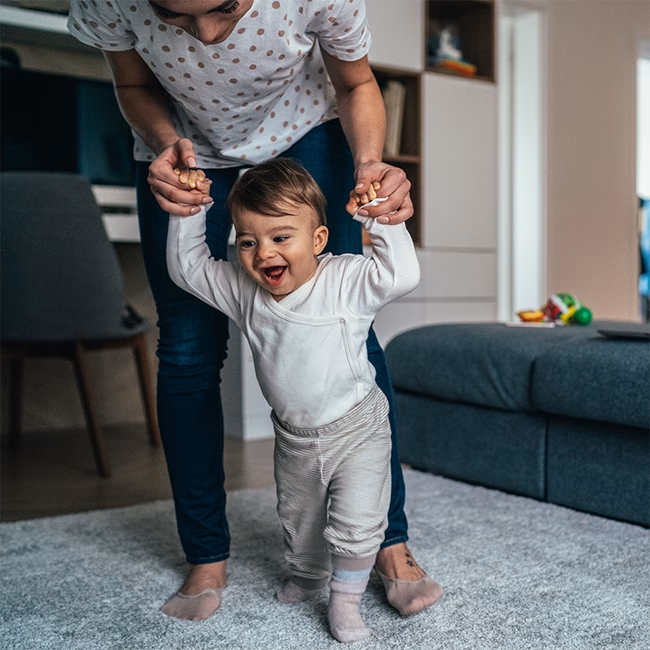

Community leadership is essential
The best solutions for making a community healthy come from the people who call it home.
Self-reflection opens new pathways
Throughout this 20-year journey, RWJF worked with partners to assess what was working, what was not, and what needed to change.



Building Hope for the Future
Even as there are efforts to undo decades of progress, hope persists. In putting together this final report, we turned to our long-time partners to hear what gives them hope for the future.
The next generation gives us hope.

Young people give me hope. Students are still signing up to make public health their career despite the vicious attacks of late. Thank heaven for young people’s optimism and vitality.

What gives me hope is that the need for new paradigms, tools and short- and long-term strategies is undeniable— staring us in the face and presenting us with a call to take actions that we never saw as options in the realm of obesity prevention. We have no choice but to welcome new ways of thinking going forward.
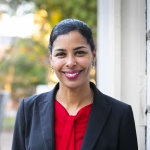
The next generation gives me hope. I love working with talented, ambitious, and kind young people (including my own children) who will surely change the world one day.

I think back to the early days of Healthy Eating Research when they said that their goal was to build the field. They built the field, and I really love our field. In particular, there are now at least three generations of researchers who are committed to this work, and it’s exciting to see presentations by graduate students of women who were my graduate students.
Growing demand for changes to our food system gives us hope.
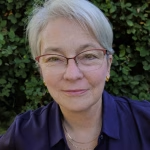
I’m hopeful about the changes we’re seeing in demands for healthier foods and local transportation and urban planning policies that support active living. This work is slow and doesn’t unfold in straight lines, but it’s happening.

A growing recognition that our food system is not serving public and planetary health, especially among young people who are clear-eyed about the world they want to live in.

I’m encouraged by the growing understanding today about the role of ultra-processed foods and excess sugar in our food system. I’m hopeful that demand will continue to increase for affordable, health-promoting foods through interventions like the food coop movement in low- and moderate income communities.
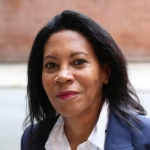
In recent years, we’ve seen the conversation about ultra-processed food become mainstream. While we still have a long way to go, I believe that conversation is helping our policymakers look more closely at food marketing and address its harms.
Shared commitment to equity and diversity gives us hope.
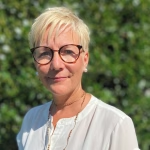
Concepts like a caring economy, the solidarity economy, and the like are gaining traction and hold strong promise to support full health and wellbeing. Priorities like justice, dignity, liberation, respect, inclusion, compassion, kindness, and social connection are rising into the mainstream. I am hopeful that we can move all of this to the forefront!

Hope lives in the policies that center equity, in the partnerships that cross boundaries or state lines, and in the voices that were once silenced but now lead.
Working across sector and policy gives us hope.

I’m seeing people genuinely willing to work across the political divide to advance meaningful progress for children and families—even when it requires both sides to set aside their agendas and reimagine a new, shared path forward.

Every day in this country, hardworking people at community-based organizations, local and state health departments, WIC clinics, and federal agencies are focused on helping provide opportunities for better health and nutrition. Selfless individuals and civil servants, paired with dedicated academic researchers and field-level evaluators, will continue to support the field of public health, chronic disease prevention, and wellness in this decade.
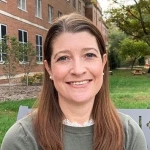
During COVID-19, HER quickly convened researchers, advocates, and practitioners and together we generated timely evidence and policy solutions that reached USDA, Congress, and communities across the country. That spirit of collaboration not only made a difference during the pandemic but continues today, as we evolve to tackle broader challenges impacting food and nutrition security today. Knowing that we can come together in times of crisis—and build momentum that lasts—gives me great confidence for the future.
Community leadership gives us hope.

The resilience and leadership that I see in communities: organizers, advocates, practitioners, and operators.

Seeing local projects scale up, community partnerships deepen, and healthy infrastructure become the norm.

A Path of Progress
Together the field has achieved so much in the last 20 years. These are just a few of the highlights.